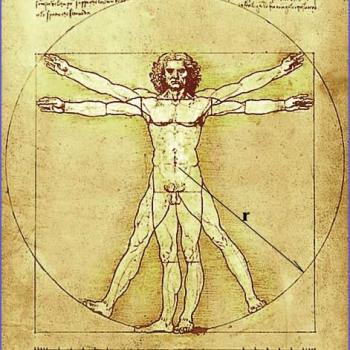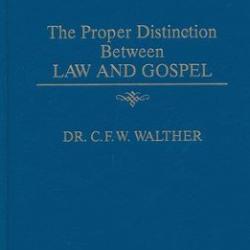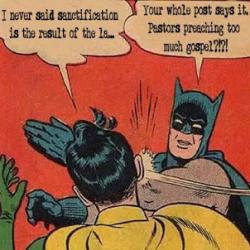One of the distinctive characteristics of Lutheran theology in contradistinction to Reformed theology is the notion that the second, or condemnatory, use of the law is primary. For Calvin, the third, or the didactic use, of the law is the primary purpose of God’s law within the Christian life. The distinction between the two kinds of righteousness helps to explain exactly how these two uses of the law comport with one another, and why the Lutheran view differs from that of Calvin.
The three uses of the law roughly correspond to the three kinds of righteousness. The first, or civil, use of the law corresponds to civic righteousness. This is the righteousness of the unbeliever whereby good and beneficial acts for the preservation of society can be performed. It is not, however, true Christian righteousness. The second use of the law corresponds to passive righteousness. These are both coram Deo realities. Before God, one is always condemned by God’s law. This is the place for Melanchthon’s principle lex semper accusat. Even the Christian’s best actions, before God, are sinful. There is always some impure motive even when performing a good deed. Thus, every act of the Christian coram Deo must be covered by the passive righteousness of Christ. One might then refer to the second use of the law as the coram Deo use of the law. The third use of the law corresponds to active righteousness. Coram mundo, the Christian has duties before others in the world. Here, one must learn how to treat one’s neighbor, how to be faithful in one’s family life, and how to live a life of piety. It is in this realm that, not the second, but the third use of the law is primary. The third use of the law is the coram mundo use of the law.
To understand the distinction between these two uses, one must not fear explicating the law in its third use for fear of sounding Calvinistic rather than Lutheran. Rather, one must ask the question: which realm am I thinking of? If one is giving guidance to another Christian regarding how they are to live in this world, they should explicate God’s law boldly as a helpful guide for the Christian when living in this world. When discussing one’s relationship to God, however, the believer must always be reminded of the imperfection of their obedience, and the daily failures of the Christian coram Deo. This explains why the second use is, for Luther, the law’s primary use. It is not because the law does not also guide the believer in Christian obedience, or that this is not important. Rather, one’s relationship to God is more important than one’s relationship to fellow man. Passive righteousness is the foundation of active righteousness. Thus justification is always more central than sanctification, the second use more central than the third. That does not, however, negate the importance of Christian obedience. So long as one lives in the world, has the necessity to make decisions in life, and has duties and responsibilities, the law’s third use is an absolute necessity.












